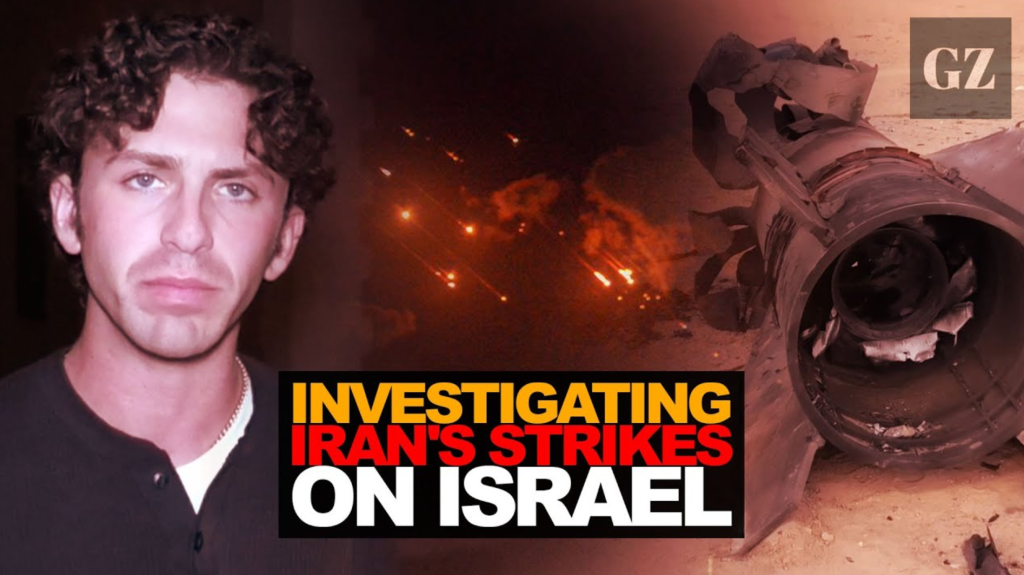American journalist Jeremy Loffredo, working for The Grayzone, has been arrested by Israeli military forces amidst growing tensions surrounding his reporting. His detention came shortly after he published a story regarding Iranian missile strikes inside Israel, a topic that has drawn serious scrutiny and censorship attempts from the Israeli military. Loffredo faces severe charges including “aiding the enemy during wartime and providing information to the enemy,” reflecting the delicate political atmosphere surrounding conflict reporting. According to the Israeli news outlet Ynet, this situation raises significant implications regarding press freedom, especially as representatives from the US embassy were present during a court hearing for Loffredo’s case, yet the US government has remained largely silent on the matter.
The implications of Loffredo’s arrest extend beyond individual rights and freedoms, as his colleague, Aaron Maté, pointedly questioned whether other media figureheads would defend him as a fellow journalist. Maté’s commentary emphasizes a broader concern regarding the support for press freedom in conflict-ridden zones. The situation is compounded by the testimony of another independent journalist, Andrey X, who reported brutal treatment while detained alongside Loffredo. According to Andrey, the group of journalists was subjected to physical violence and humiliation, raising critical questions about the treatment of journalists in Israel and the broader risks associated with millitary detentions that often overshadow the principle of a free press.
Andrey X detailed a stark narrative of their ordeal, stating, “Today I was beaten, kidnapped, blindfolded, and taken to a military base by the Israeli Occupation Forces.” He detailed the inhumane conditions experienced during the detention, where two journalists were held for an extended period without any formal charges and personal belongings confiscated. The alarming treatment described has reinforced the perception of an increasingly hostile environment for journalists attempting to report from the region, emphasizing the urgent need for international attention and advocacy.
British journalist Kit Klarenberg, also associated with The Grayzone, has taken an active role in raising awareness about Loffredo’s predicament. Klarenberg urges the public to pressure the US embassy in Israel, advocating for action to be taken towards securing Loffredo’s release and highlighting the rights of journalists. This mobilization of concern reflects a growing trend among supporters of press freedom, as they demand accountability from government officials regarding the treatment of journalists abroad. The calls for intervention underscore the significant barriers and risks faced by reporters striving to uncover and disseminate crucial information amid geopolitical conflicts.
Within this contentious backdrop, Loffredo’s arrest can be seen as part of a broader pattern where journalists face escalating risks in providing transparent coverage of conflicts. Censorship tactics, intimidation, and physical violence serve as tools employed by state actors to suppress critical narratives that contradict governmental perspectives. This underscores the pressing need for concerted efforts to uphold press freedom, particularly in regions where governmental narratives take precedence over diversified viewpoints and independent reporting.
Overall, Loffredo’s case raises alarm bells regarding the conditions for journalists operating in high-stakes environments, illuminating the potential dangers they face and the need for broader conversations around the protections afforded to members of the press. As activism for Loffredo’s release gains momentum, it serves as a crucial reminder of the vital role journalists play in promoting transparency and accountability, as well as the necessary advocacy required to safeguard freedom of the press in volatile geopolitical contexts.

